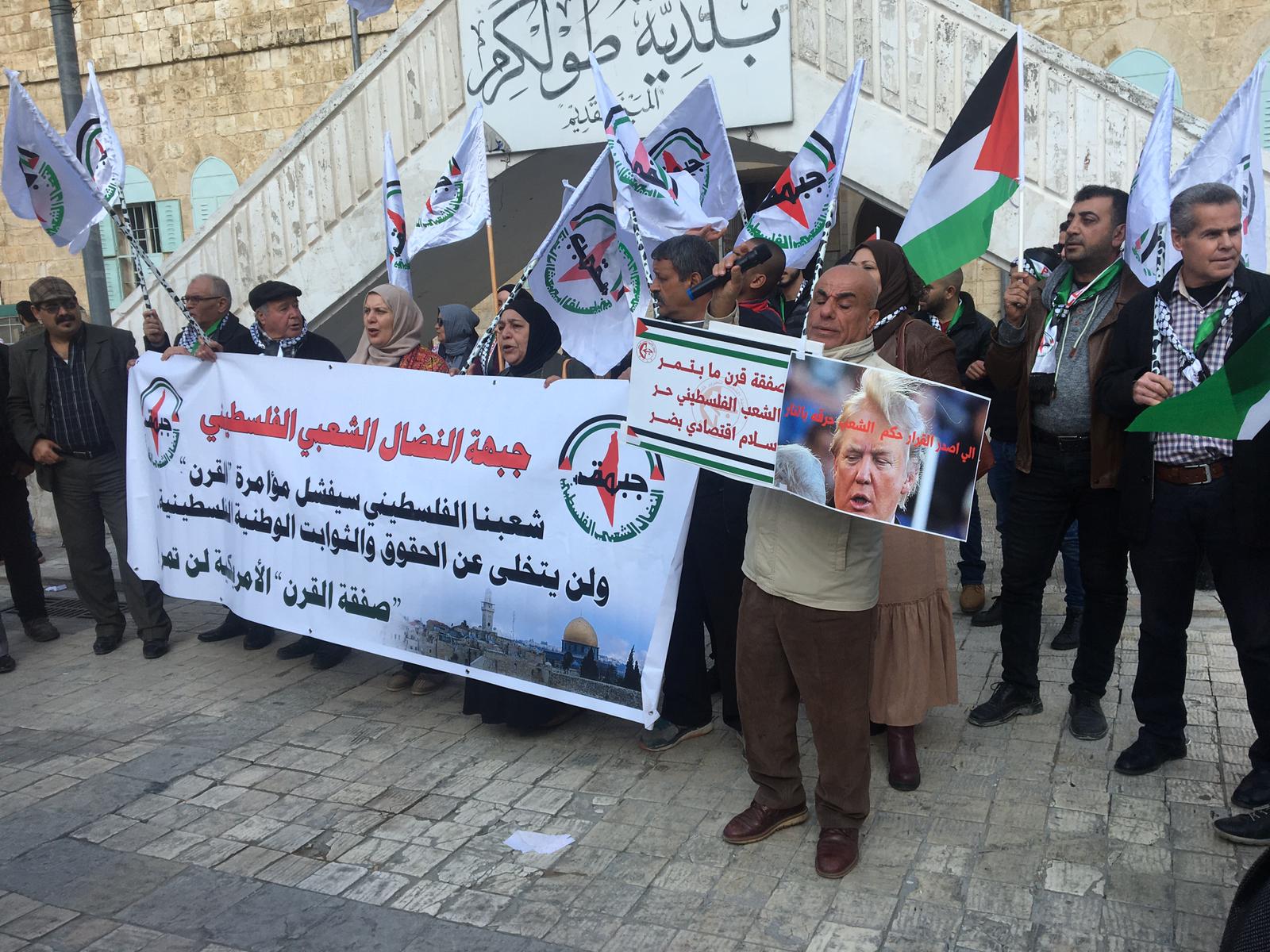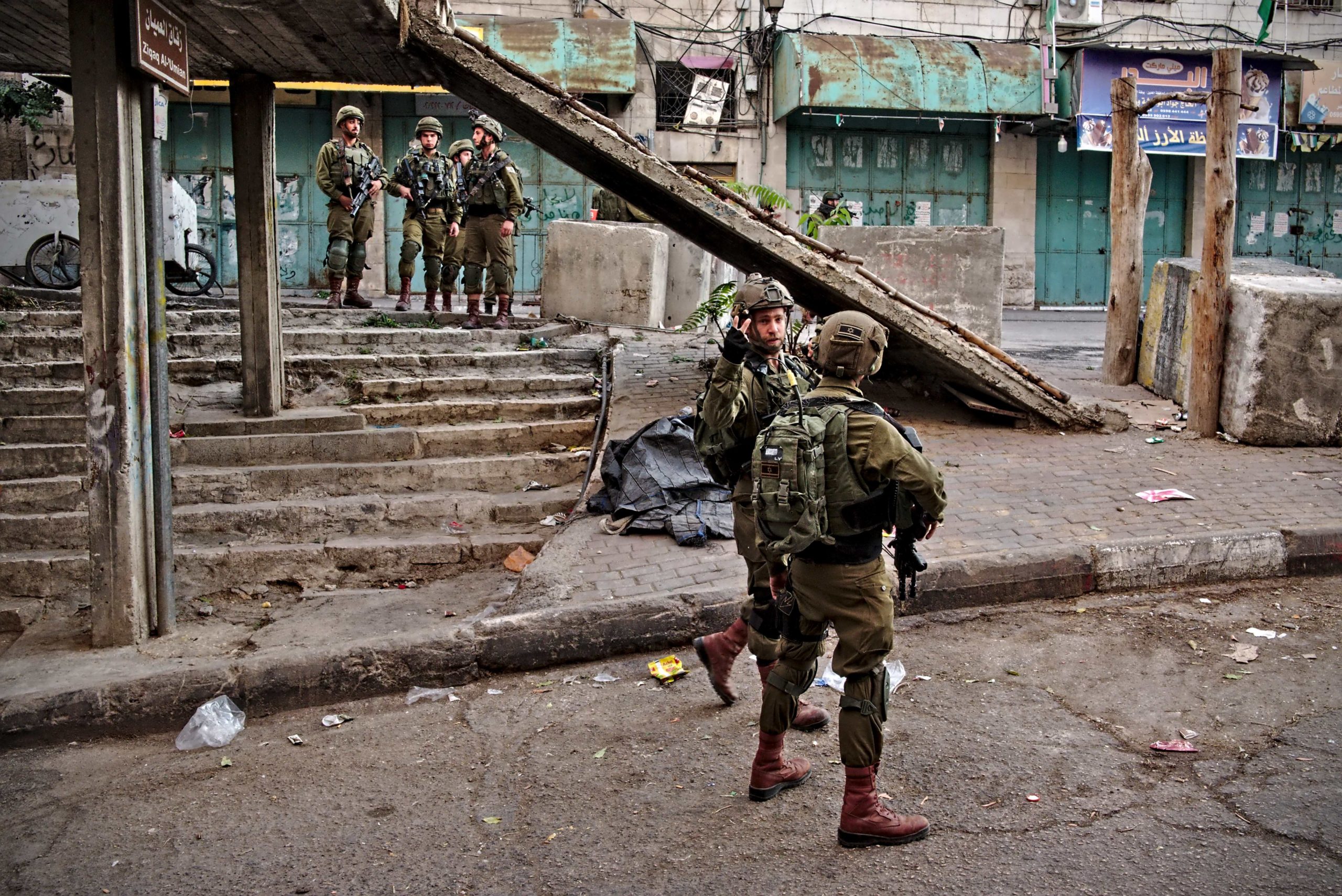-
Urgent Call out for Volunteers – Palestinians reject the ‘deal of the century’
At a time of heightened aggression against Palestinians by Israeli occupation forces suppressing “Deal of the Century” protests across the West Bank the International Solidarity Movement is issuing an urgent call out for volunteers. What is the ‘Deal of the Century?’ On 28 January 2020 Donald Trump and Benjamin Netanyahu announced their annexation plan […]
-
About the legitimisation of the Palestinian oppression in Al Khalil (Hebron)
Personal reflections of a ISM activist about the settlers’ violence and its related impunity in Al Khalil, West Bank. To which extent these people are allowed by the Israeli soldiers to transform a Palestinian city into their own amusement-park?
Action Alert An Nabi Saleh Apartheid Wall Arrests BDS Bethlehem Bil'in Cast Lead Demonstration Denial of Entry Ethnic Cleansing Farmers Gaza Global Actions Hebron House Demolition International law Israeli Army Jerusalem Live Ammunition Nablus Ni'lin Prisoner Ramallah Rubber-coated steel bullets Settlement Settlers Settler violence Tear-Gas Canister Video



